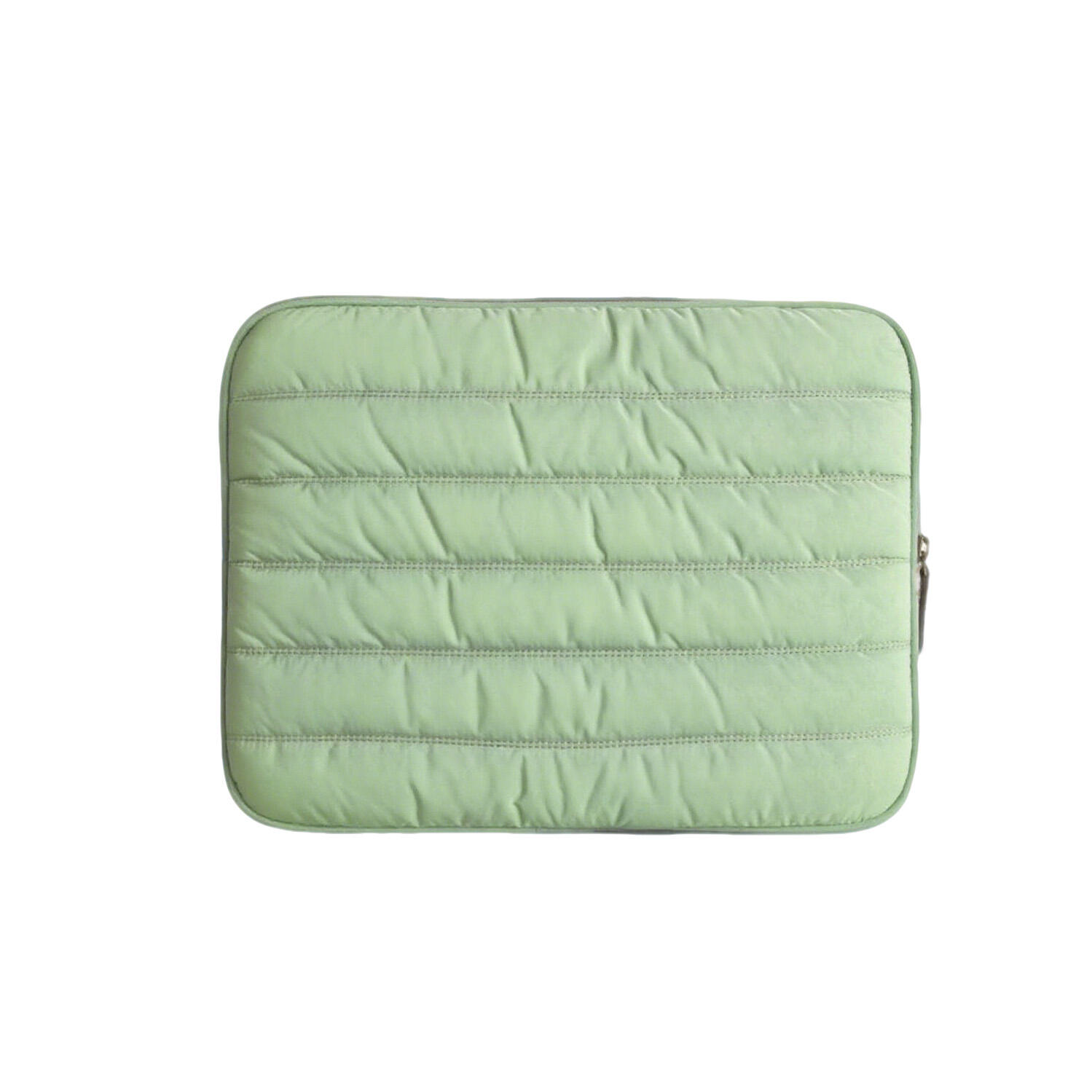What Is Recycled Cotton?
Recycled cotton is a sustainable textile material produced by recycling and reprocessing waste cotton resources—including discarded cotton scraps, industrial production offcuts, and leftover cloth or yarn from textile factories. The core process involves breaking down these existing cotton-based materials into usable cotton fibers, which are then repurposed to manufacture new textile products.
Why Should We Use Recycled Cotton?
The shift toward recycled cotton is driven by pressing environmental needs and its inherent sustainability advantages, which address key challenges in the textile industry:
1. Tackling Textile Waste and Pollution
As global economic levels rise, the textile industry generates massive volumes of waste—and this waste has become a major source of environmental harm. Not only does it represent a huge waste of valuable resources, but it also causes long-lasting, even irreversible, pollution. Historically, textile waste was often handled through methods like open piling, landfilling, or incineration—practices that contaminate soil, water sources, and air, exacerbating ecological damage. Recycled cotton offers a critical solution by diverting this waste from landfills and incinerators, reducing the industry’s environmental footprint.
2. Superior Biodegradability Compared to Synthetic Alternatives
Mounting research confirms that cotton exhibits strong biodegradability in most natural environments—a key advantage over synthetic fibers like polyester. Cotton microfibers (tiny strands released during washing or wear) break down readily in diverse settings, including wastewater, soil, freshwater, and seawater. In contrast, polyester microfibers persist in these environments for years, accumulating and causing long-term harm to ecosystems.
The speed of cotton’s biodegradation depends on surrounding conditions, such as ambient temperature, humidity, and the presence of microorganisms that aid in breaking down the material—but its ability to decompose naturally remains a defining eco-friendly trait.
3. Resource Efficiency and Sustainable Value
Recycled cotton eliminates the need to produce “new” cotton from raw materials, meaning it requires far fewer resources (like water, energy, and land) compared to both conventional cotton and even organic cotton. This resource efficiency makes it a standout sustainable choice for the textile industry.
It’s worth noting that recycled cotton may have slightly lower quality than virgin cotton, as its fibers are sourced from pre-used garments or textile leftovers (which can weaken fibers during the recycling process). However, this minor trade-off is often outweighed by its significant environmental benefits, especially for applications where ultra-high virgin cotton quality is not a strict requirement.









